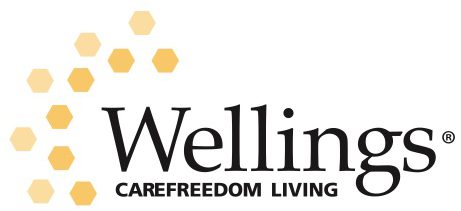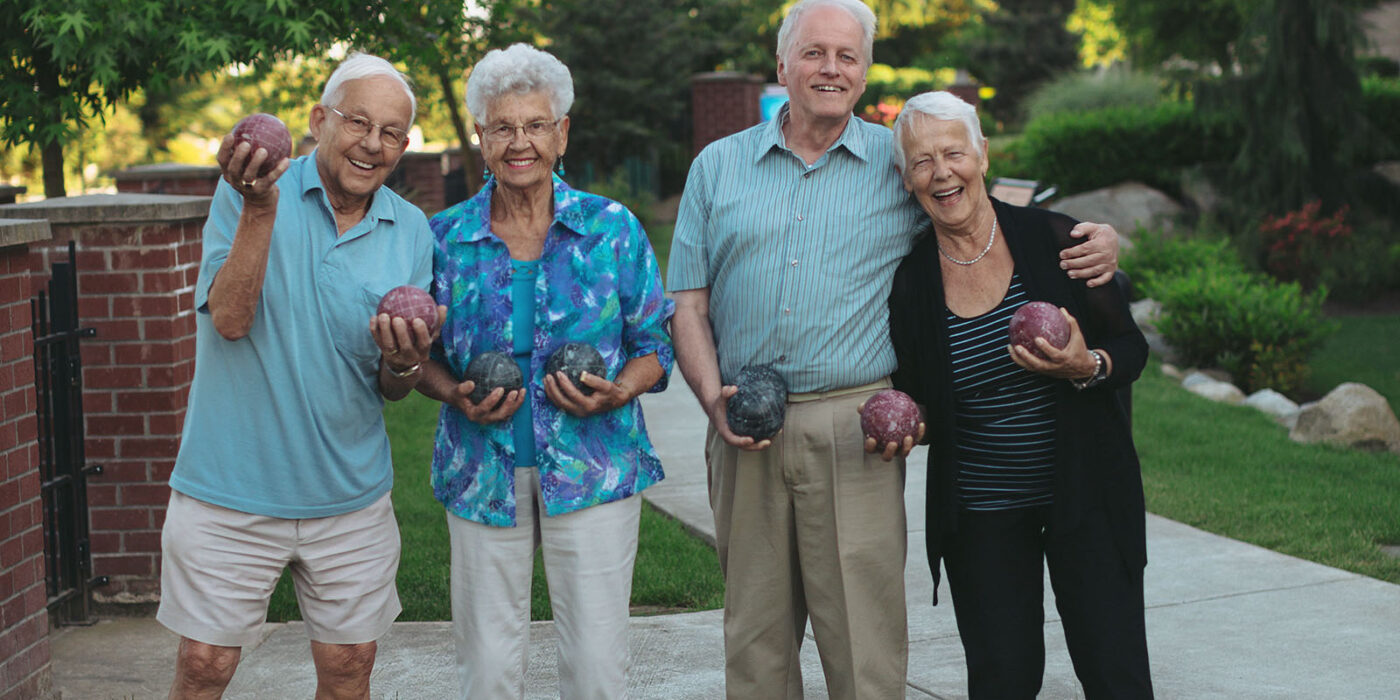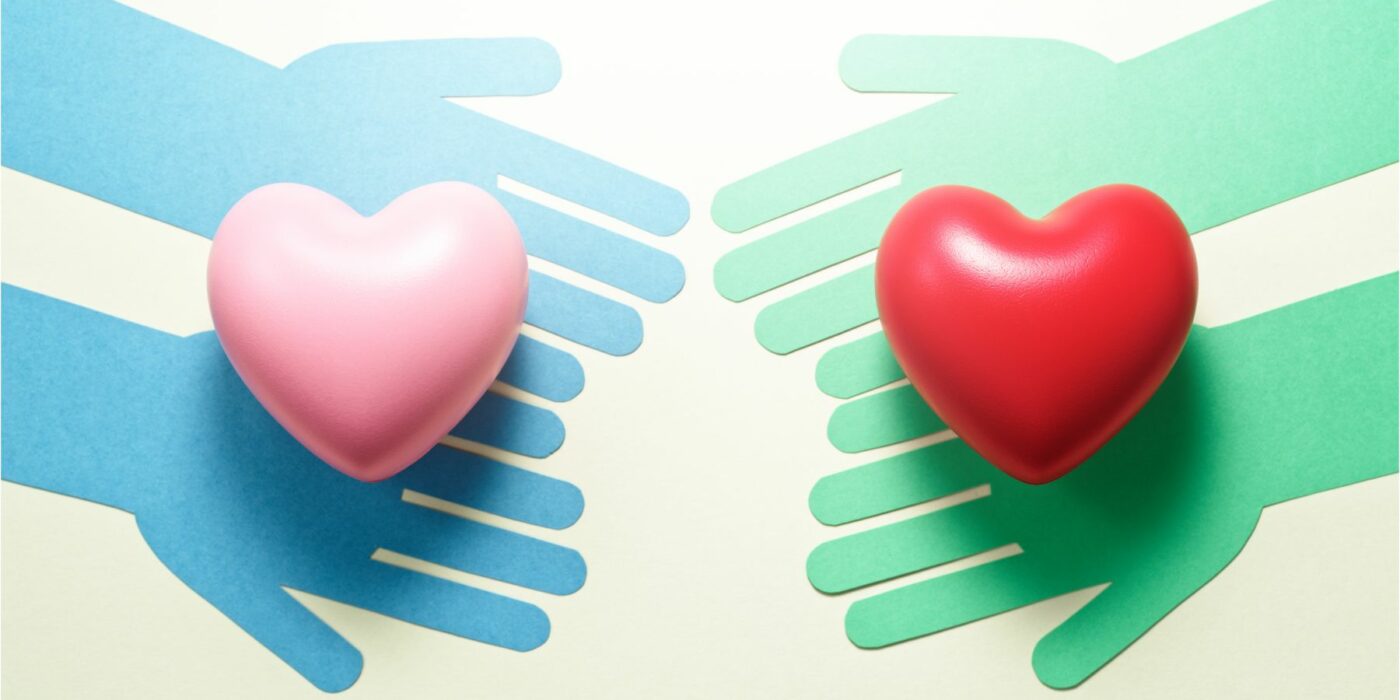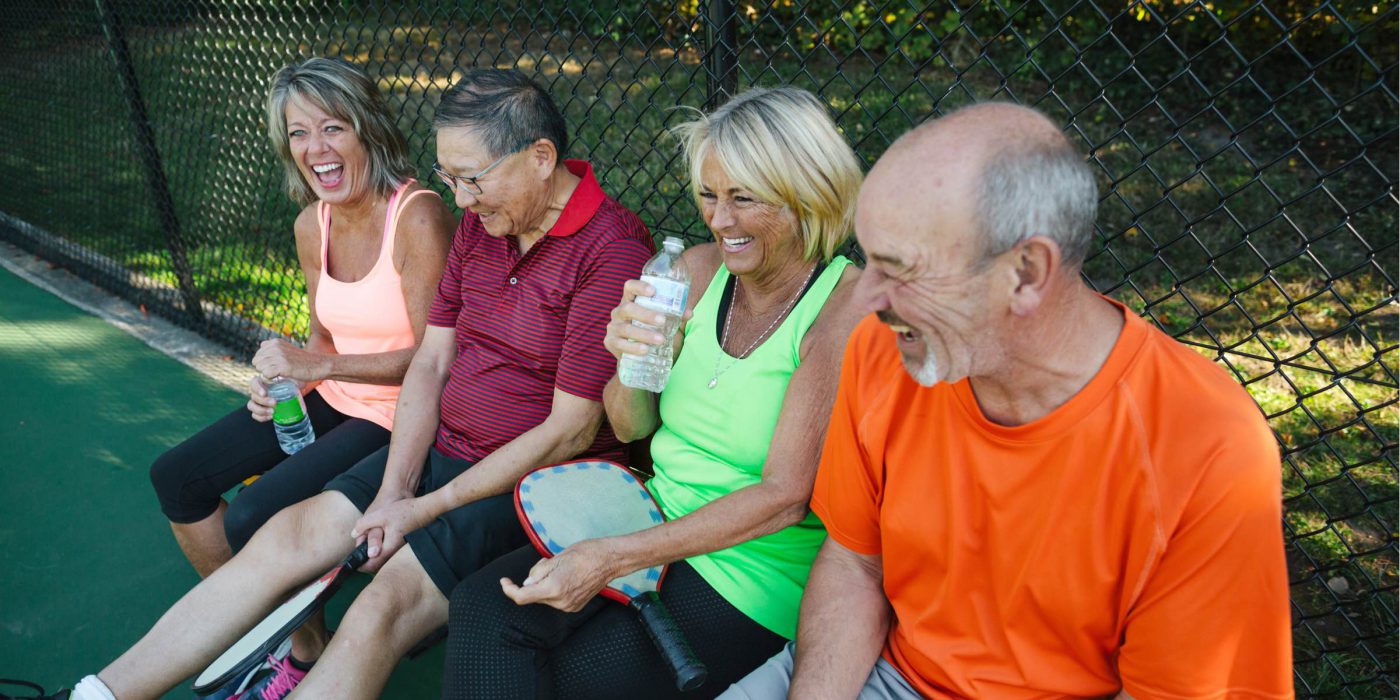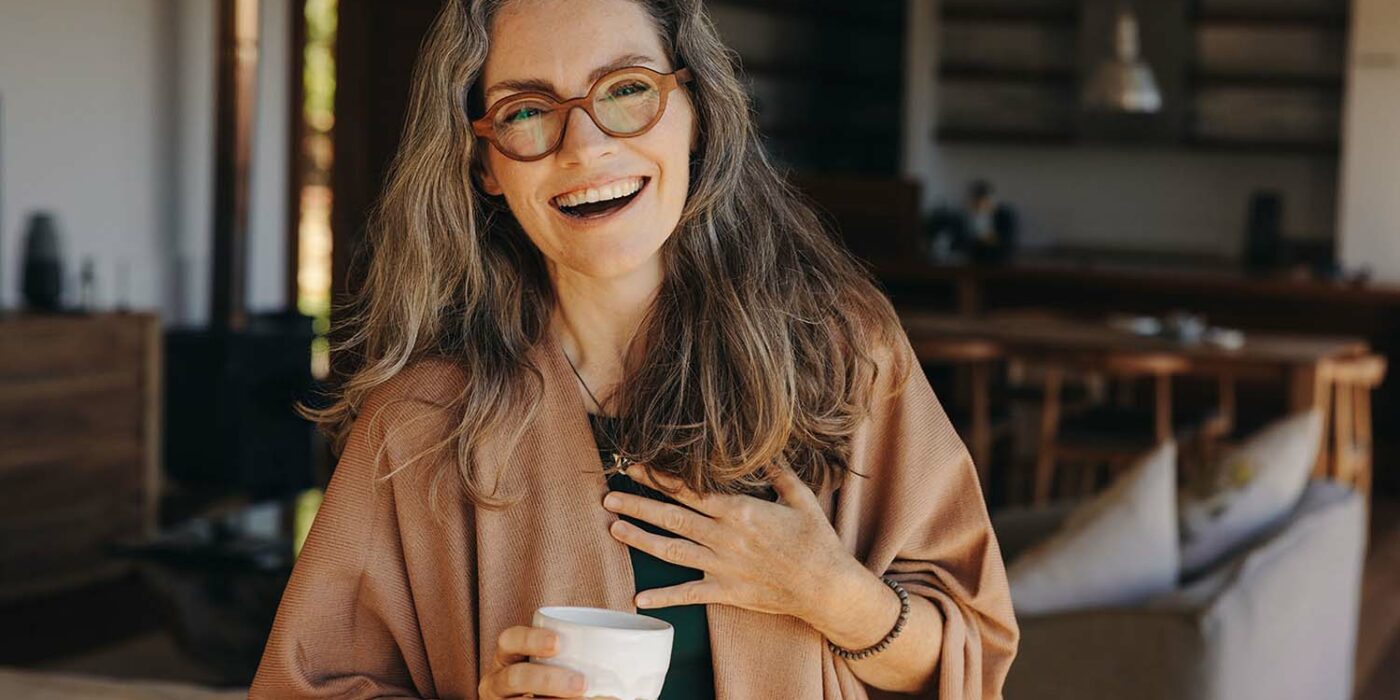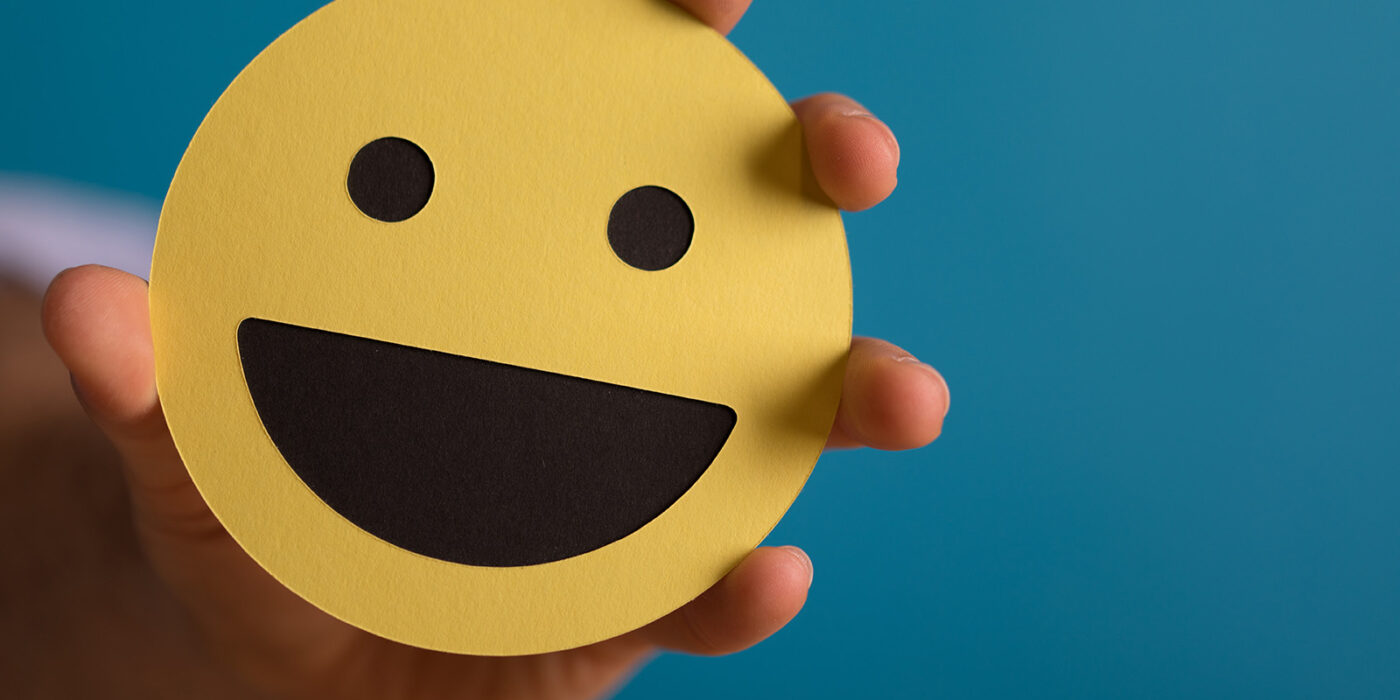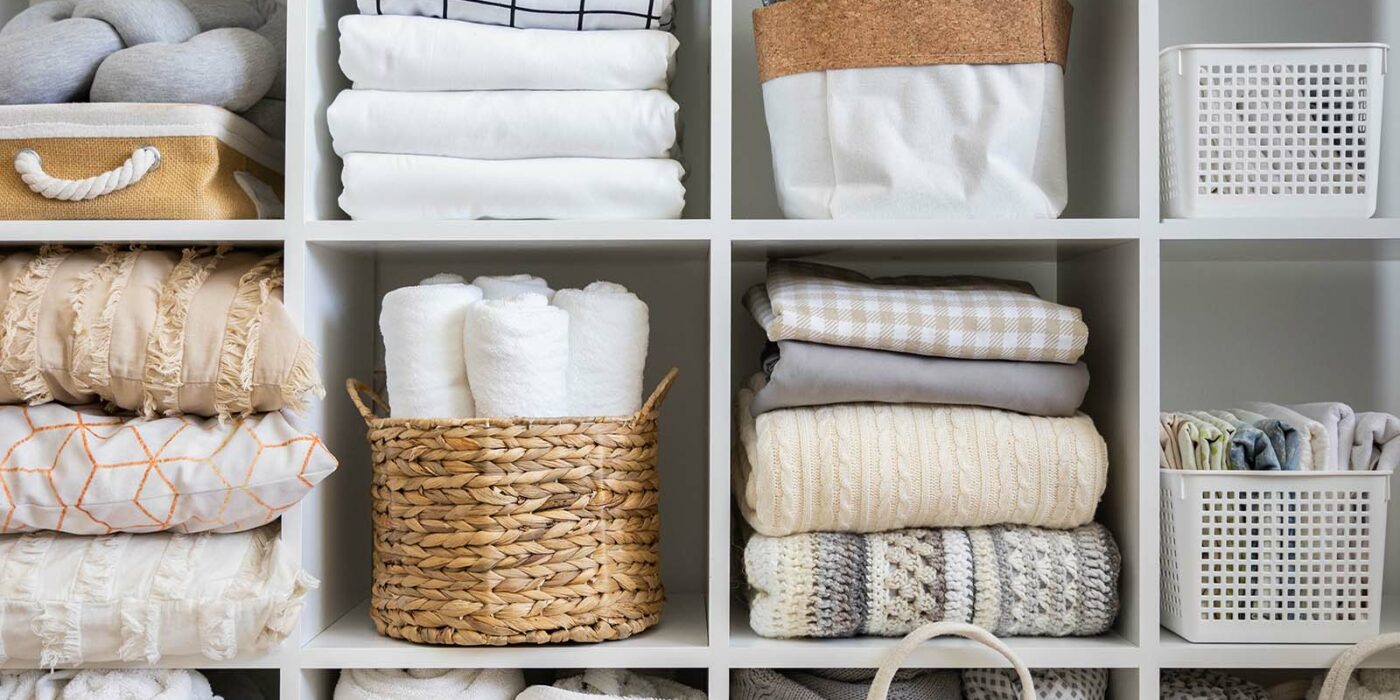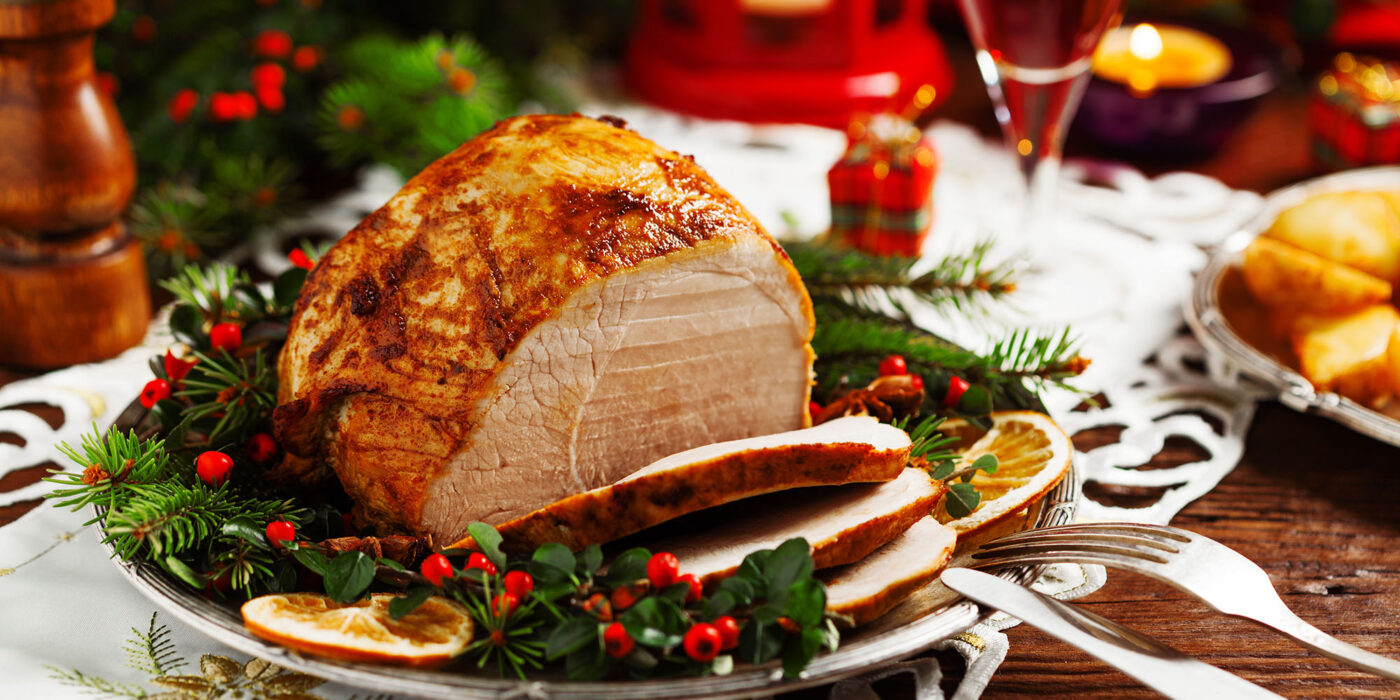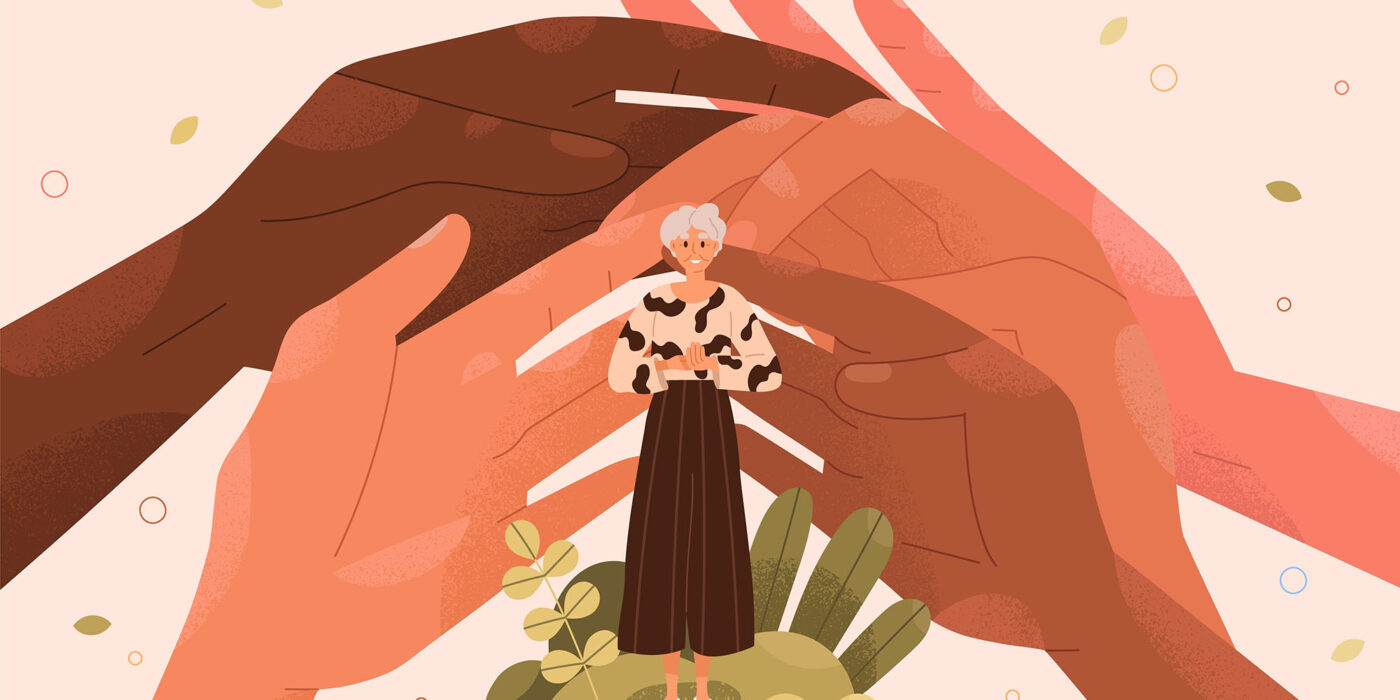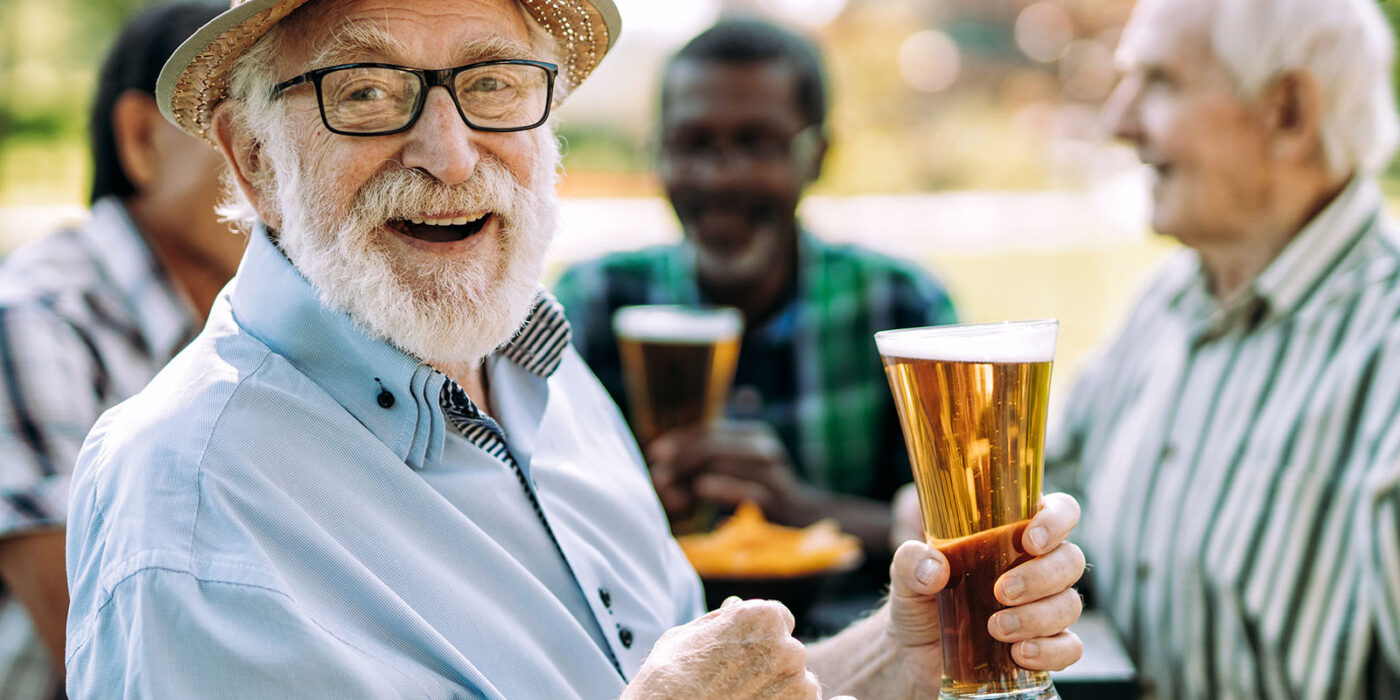The Game of Fitting in Versus The Feeling of Belonging
Have you ever felt like you didn’t fit in? I know I did in school, in some workplaces even in some friend circles. As I was trying to fit in, I felt unsure because I didn’t listen to myself. I looked to others for cues on how to behave and what to say. I felt lost and I’m pretty sure I’m not alone. We are conditioned (I say conned) into believing that if we work hard to fit in, we will be rewarded by being accepted. We are social creatures, and we need to know that we matter to our tribe. We all want to feel accepted.
I like to remind people that we are all important and we matter but for some of us, it’s a stretch to really believe that because we’ve habitually modified our behaviour to try to fit in or we’ve put others needs before our own, so we don’t see how important we are; we don’t see that we matter. We need to recognize that belonging is different from fitting in. It takes courage and effort in the unlearning, to understand that being ourselves is the secret to belonging.
“Fitting in is about assessing a situation and becoming who you need to be to be accepted. Belonging, on the other hand, doesn’t require us to change who we are; it requires us to be who we are.”– Dr. Brene Brown PhD
I just finished reading media personality Paris Hilton’s memoir. When I saw the book, my first thought was that she’s too young, followed by she’s so privileged, why would anyone want to read about her experience? I was curious; I bought the book and I’m so glad I did. The great-granddaughter of Conrad Hilton, founder of Hilton Hotels has a reputation as a privileged wild child with a very rebellious spirit……that’s all I knew about her until I read the book. Her parents Kathy and Richard wanted Paris to fit in when her behaviour was taking her off the path, they had in mind for her as a Hilton. They tried everything they could to protect her but nothing stuck. Finally, they had her kidnapped in the middle of the night by two thugs, who transported her to a wilderness school for troubled kids, in the middle of nowhere California. She ran away, was captured, and was sent to another even more remote and wild so-called school.
It was all her parents could think of doing, to keep her safe and while it was done with good intentions, nobody caught that Paris had ADHD (attention deficit hyperactivity disorder). Her brain operates differently; she was not meant to fit in. She received the diagnosis around age 20; with treatment, the pieces fell together, and Paris soared. Her mind is hyper creative, she’s accomplished a lot and thanks to the humiliation she experienced at the wilderness camps for troubled kids, the paparazzi following her every move doesn’t scare her. In fact, Paris knows how to cooperate and make the relationship with the media work for everyone’s benefit. She belongs in the spotlight and the world accepts her there. Paris, just like all of us, was not meant to fit in; she was meant to be her true self. When we’re authentically ourselves, we’re not looking to fit it, we’re finding where we belong.
“If we have no peace, it is because we have forgotten that we belong to each other.”-Mother Teresa
Dr. Brene Brown PhD, an American professor, author, and researcher has spent decades studying courage, vulnerability, shame, and empathy. She talks about the contrast between belonging and acceptance. Acceptance relies on others recognizing us, which is unpredictable at best, whereas belonging comes from within ourselves, as we get to know who we really are. In the process of getting to know ourselves, we learn about our strengths and our gifts; we develop confidence. Trying to fit in makes us feel unstable because it’s dependent on other people’s approval, while belonging feels solid.
If you want to deepen your sense of belonging instead of struggling to fit in, here are a few suggestions to try.
-Experiment with new things. When we step outside of what we consider our normal habits we always learn something, whether it’s discovering a new hobby or it’s that what we’re trying is not for us. If there’s something you’ve always wanted to do, start somewhere by researching or taking a class on the subject. We are never too old to learn, to dream, to experiment and to grow.
-Ask yourself what makes you feel connected to others. Is it your love of books or movies, your interest in history, food, flowers, or music? Look for groups in person or on-line to explore, learn and connect with like-minded folks.
-Be courageous. Say hello to your neighbours. Meet new people. Start conversations by asking people about themselves and really listening to what they have to say. You might be surprised by how much we have in common. We’re all human beings going through this life adventure with its high peaks and deep valleys.
-Be kind. We need to learn to be kind toward ourselves first because we’re human and life is challenging. When we learn to treat ourselves with kindness, it becomes easier to treat other people with kindness and graciously receive kindness when it’s offered to us. Our acts of kindness may seem innocent, but kindness is the perfect expression of belonging. It implies that we have enough within ourselves and can happily share with others to elevate their day.
In her book The Gifts of Imperfection, Dr. Brene Brown teaches us that the greatest barrier to belonging is fitting in. She reminds us that while there are over seven million people on planet earth, there is only one you and you belong just as you are. You have experiences and knowledge that are yours alone; no one else on earth can be you. It’s the most beautiful reminder that you are important, and you matter whether it’s your home life, your work life, or your friend circle. Once you understand this truth, you’ll never need to fit in again.
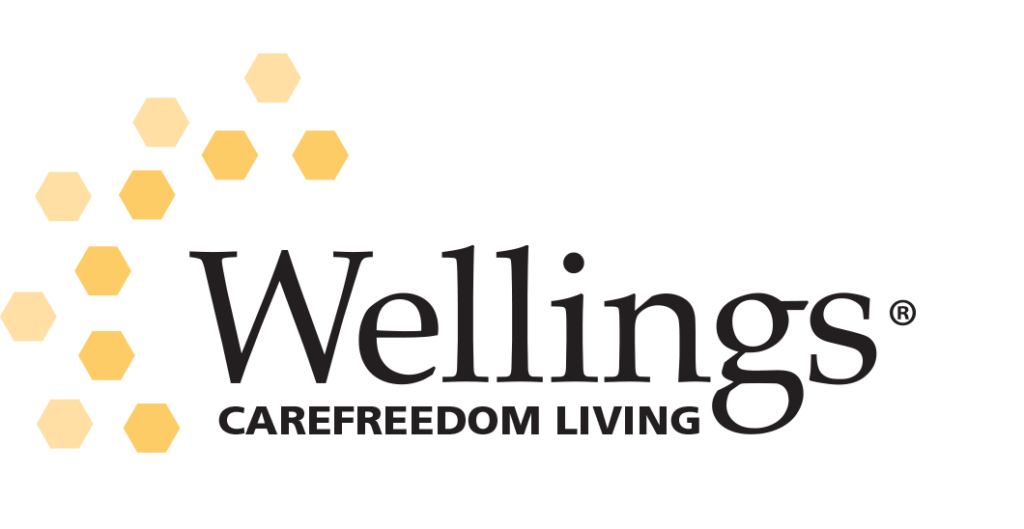
This Wellings blog by Kathie Donovan was exclusively written for Wellings Communities and appeared first on MyWellings.com.
